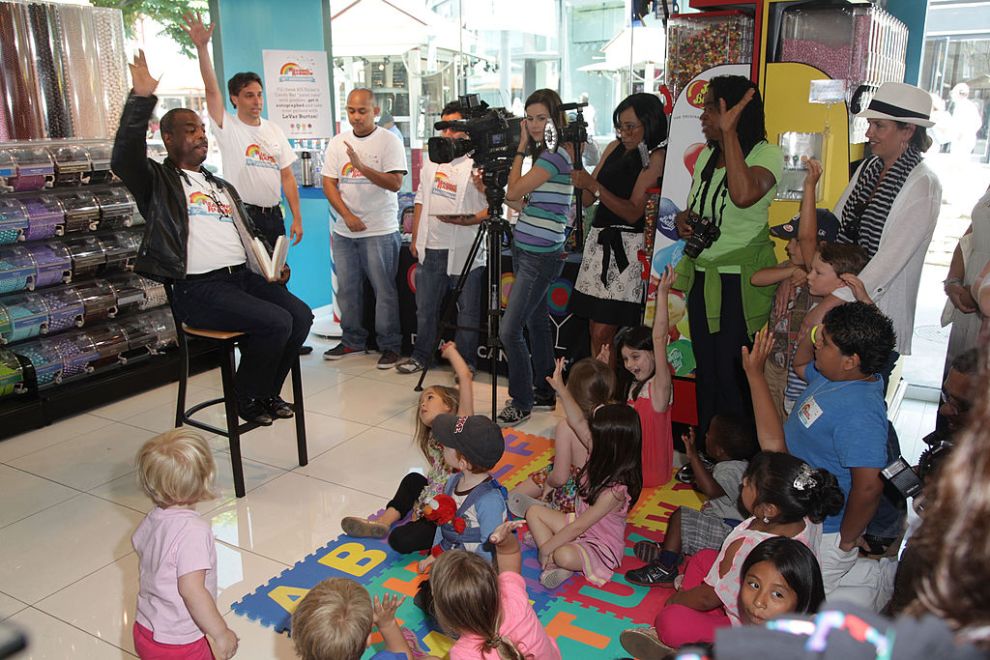After nearly two decades off the air, Reading Rainbow is returning — this time as a fully digital series. Its revival debuts Oct. 4 via KidZuko, a children-focused YouTube channel operated by Sony Pictures Television, along with episodes posted on the official ReadingRainbow.org site.
The show’s new host is Mychal Threets, a librarian and literacy advocate known online as “Mychal the Librarian.” In announcing the reboot, he wrote on Instagram: “I was raised on Reading Rainbow, LeVar Burton is my hero … Reading Rainbow so powerfully made us believe we belong in books, we belong everywhere.”
Threets positions himself as an ardent admirer of the original host, adding, “LeVar Burton is my hero.” He also addressed fans hoping Burton might return, saying, “I am at the front of that line.”
The new run will span four episodes, each released on consecutive Saturdays at 10 a.m. Eastern time. Guest appearances include big names such as John Legend, Chrissy Teigen, Gabrielle Union, and Adam DeVine, as well as Rylee Arnold and Ezra Sosa from Dancing With the Stars.
The original Reading Rainbow first aired in 1983 and ran until 2006. Over its life, the show earned a Peabody Award and 26 Emmys while introducing generations of children to literature and libraries. Its hallmark phrase — “Take a look, it’s in a book” — remains widely recognized.
Dr. Sherri Hope Culver, a children’s media scholar at Temple University, said the revival is especially timely. “People who watched the original show are parents now,” she said. “Nostalgia is a strong pull for what you want your kids to see.” Culver added that Reading Rainbow succeeded originally because LeVar Burton felt “smart yet approachable.”
Challenges of a Digital Landscape
Culver cautions that shifting to YouTube presents new hurdles. “Discoverability is a real challenge,” she said, noting the vast choices confronting young viewers. The original show aired on public television, a space with fewer distractions.
Meanwhile, the revival arrives at a fragile moment for public media. Congress recently cut $1.1 billion from federal public broadcasting funding, heightening pressure on educational programming.

